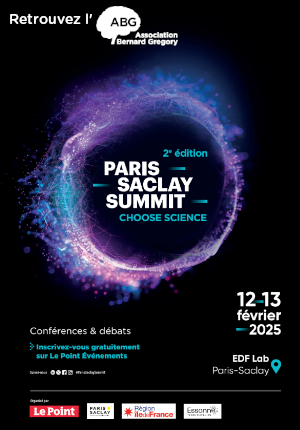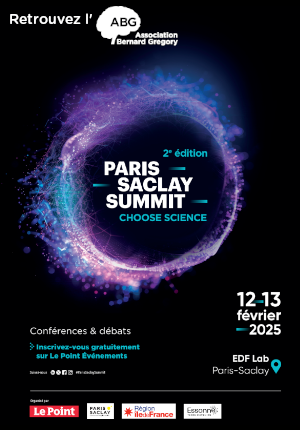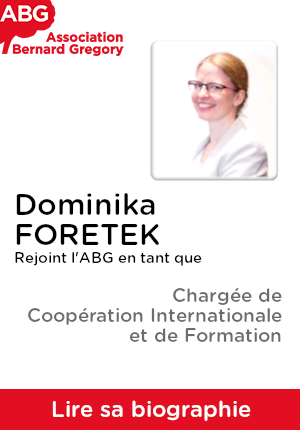Lithium (Li) is a lightweight alkali metal with a high electrochemical potential, making it a critical element in the energy transition. However, its demand is projected
| ABG-128347 | Thesis topic | |
| 2025-02-04 | Public funding alone (i.e. government, region, European, international organization research grant) |

- Digital
Topic description
Lithium (Li) is a lightweight alkali metal with a high electrochemical potential, making it a critical element in the energy transition. However, its demand is projected to increase 42-fold by 2040, positioning Li as a resource under significant criticality. Li originates from highly differentiated magmas and is distributed across subsurface plutonic rocks, surface volcanic deposits, and volatile phases. This primary Li can be leached by circulating low-temperature or hydrothermal fluids, partitioning Li among primary solid phases, alteration-derived mineral phases, and fluids. The nature of these alteration phases depends on various factors, including the temperature of fluid-rock interactions, fluid typology, primary Li content, Li-bearing minerals, and the structural positioning of Li. As such, reaction mechanisms play a critical role in the genesis of lithium deposits, which are closely linked to the evolution of fluid circulation and temperature over geological time. In this PhD thesis, we propose to model the genesis of lithium deposits throughout the evolution of sedimentary basins by tracing the migration of Li from source to deposit. Published data containing information on Li partitioning between liquid and solid phases will be used to derive simplified chemical laws through machine learning techniques for integration into the ArcTem basin simulator. These developments will enable the modelling of mineral reactivity processes within an evolving thermo-hydro-chemical model and will be applied to a well-documented case study.
Starting date
Funding category
Funding further details
Presentation of host institution and host laboratory
IFP Energies nouvelles is a French public-sector research, innovation and training center. Its mission is to develop efficient, economical, clean and sustainable technologies in the fields of energy, transport and the environment. For more information, see our WEB site.
IFPEN offers a stimulating research environment, with access to first in class laboratory infrastructures and computing facilities. IFPEN offers competitive salary and benefits packages. All PhD students have access to dedicated seminars and training sessions.
Website :
Candidate's profile
- Academic requirements University Master degree in Earth sciences or Chemical sciences
- Language requirements English level B2 (CEFR), Willingness to learn French
- Other requirements Numerical geology, geochemistry-thermochemistry, proficiency in Python programming, practical knowledge in AI
Vous avez déjà un compte ?
Nouvel utilisateur ?
Get ABG’s monthly newsletters including news, job offers, grants & fellowships and a selection of relevant events…
Discover our members
 TotalEnergies
TotalEnergies  Laboratoire National de Métrologie et d'Essais - LNE
Laboratoire National de Métrologie et d'Essais - LNE  Tecknowmetrix
Tecknowmetrix  Généthon
Généthon  CASDEN
CASDEN  MabDesign
MabDesign  PhDOOC
PhDOOC  ONERA - The French Aerospace Lab
ONERA - The French Aerospace Lab  Aérocentre, Pôle d'excellence régional
Aérocentre, Pôle d'excellence régional  MabDesign
MabDesign  Nokia Bell Labs France
Nokia Bell Labs France  Institut Sup'biotech de Paris
Institut Sup'biotech de Paris  Groupe AFNOR - Association française de normalisation
Groupe AFNOR - Association française de normalisation  Institut de Radioprotection et de Sureté Nucléaire - IRSN - Siège
Institut de Radioprotection et de Sureté Nucléaire - IRSN - Siège  Ifremer
Ifremer  SUEZ
SUEZ  ADEME
ADEME  CESI
CESI  ANRT
ANRT







